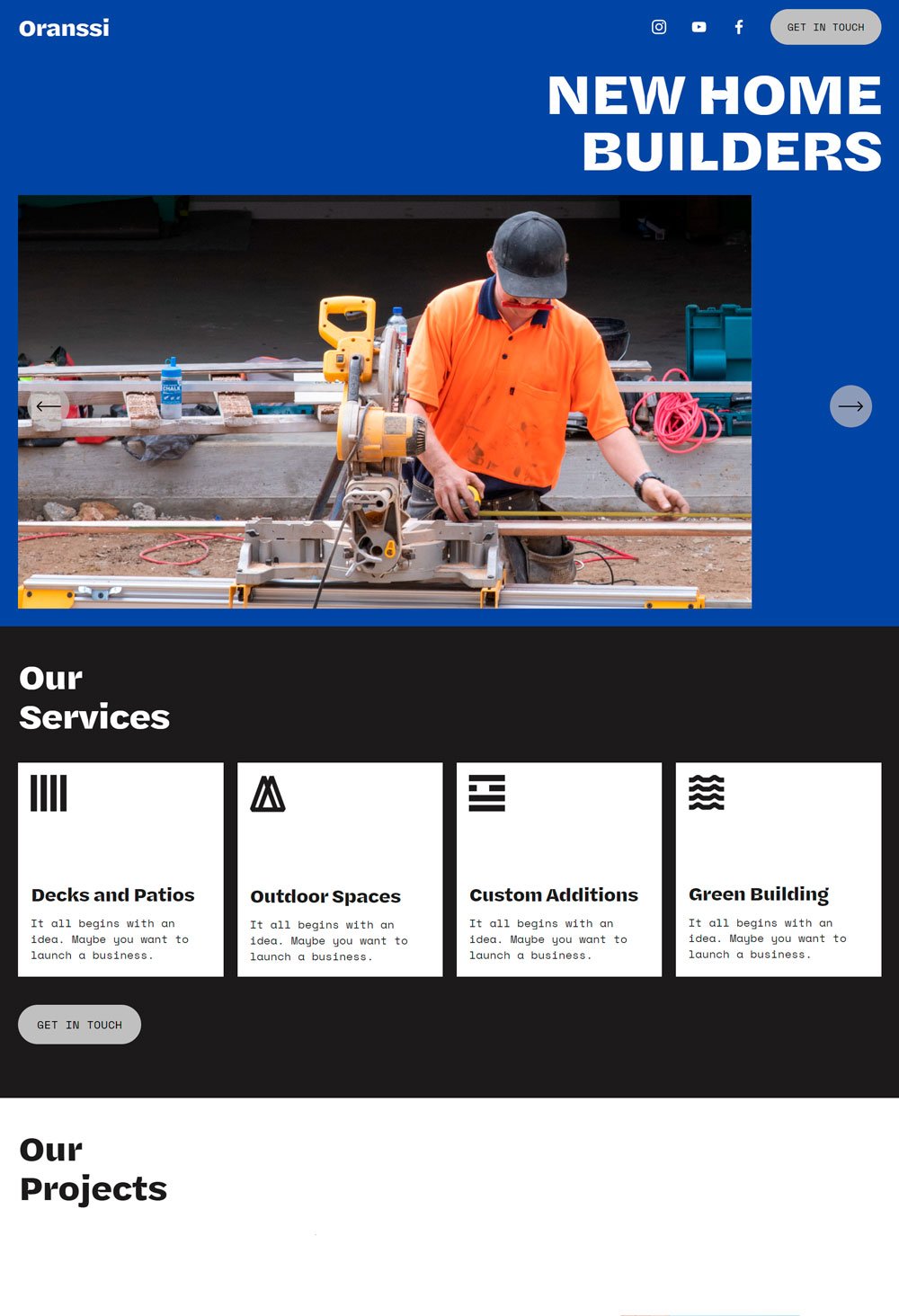From Idea to Completion: The Path of a Contractor
The path of executing a construction project to life is a complex process, often necessitating the expertise and oversight of a general contractor. Whether you're planning a small home renovation or a large commercial development, understanding the role of a general contractor is essential to confirm the project is executed flawlessly and effectively. From overseeing budgets and timelines to scheduling subcontractors and navigating local regulations, a general contractor is the cornerstone of any construction initiative.
In this guide, we will explore what a general contractor does, the attributes that make a top one, and the importance of selecting the right contractor for your project. We will also delve into the contrasts between general contractors and subcontractors, as well as the evolving trends that are shaping the industry. By roofing company irving of this guide, you will have a thorough understanding of how general contractors turn concepts into reality and why their expertise is essential for efficient construction projects.
Grasping the Role of a General Contractor
A general contractor serves as the primary point of contact for construction projects, overseeing the complete process from start to finish. Their responsibilities include managing schedules, budgets, and the flow of the project. This function requires the skill to synchronize various aspects of construction, ensuring that everything runs smoothly and according to plan. By employing subcontractors for particular tasks, the general contractor effectively integrates all the required elements to finish a project successfully.
One of the key functions of a general contractor is to guarantee that all work complies with local building codes and laws. They are accountable for obtaining the necessary permits and inspections, which means that they need a thorough understanding of the legal requirements in their area. By navigating these challenges, they help homeowners avoid potential legal issues, guaranteeing that the project is not only achieved on time but also fulfills safety and quality criteria.
Furthermore, a seasoned general contractor fosters effective communication between homeowners, subcontractors, and other stakeholders. This clear line of communication is crucial for handling any concerns or changes that may arise during the construction process. By being the link between all parties involved, general contractors help facilitate informed decision-making and keep the project in line with the homeowner's vision and expectations.
Choosing the Best General Contractor
Selecting the appropriate general contractor for your project is essential to its achievement. Start by thoroughly researching potential candidates. Look for contractors who focus in the kind of work you require, whether it's home or business. Check their certifications, licenses, and insurance to ensure they meet industry norms. Internet reviews and testimonials from previous clients can provide valuable insights into their reliability and standard of work. Pay attention to their portfolio, which should exhibit completed projects that align with your objectives.
Once you have a list, conduct interviews with all of the candidates. Prepare a list of questions to gauge their experience, approach to project management, and communication style. Ask about their procedure for handling licenses and rules, how they work with subcontractors, and their methods for managing timelines and costs. This conversation will help you assess whether their working style aligns with your requirements and project needs.
Finally, don’t neglect the importance of estimates and contracts. Solicit thorough written estimates that detail costs, timelines, and scope of work. Examine these estimates diligently, looking for any inconsistencies or vague language that could lead to problems later on. Once you select a contractor, ensure that a clear contract is in place to protect both and to establish expectations for the project. Taking these steps will help you find a qualified general contractor who can bring your project to life effectively.
Guiding the Development Journey
The construction process can often feel intimidating, but a talented general contractor acts as your navigator through each stage. Starting with the initial planning phase, a general contractor will help turn your concept into workable plans, coordinating with architects and engineers to verify that every detail is considered. They handle the necessary permits and regulations, acting as a go-between between you and local authorities, which alleviates much of the stress from homeowners.
As the project moves into the building phase, the general contractor manages the daily operations. https://notes.io/wWEir coordinate the work of subcontractors, handle scheduling, and ensure that materials are available and delivered on time. This not only maintains the project on track but also guarantees that it stays within cost constraints. With clear communication and project management, the general contractor makes sure every aspect of the build comes together smoothly.
Once construction is ongoing, the general contractor upholds quality control and safety standards on the job site. Regular evaluations and oversight help spot any issues early, preventing expensive delays and maintaining compliance with building codes. By handling these critical elements, a general contractor helps to deliver a successful project that meets your requirements and adheres to industry standards, ultimately transforming your concept into a actuality.
